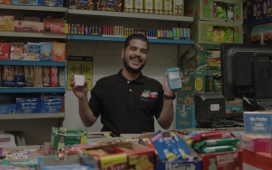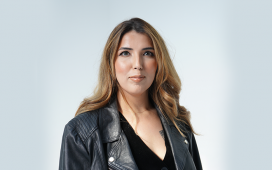How has the year been for Euronews? What effect did Covid have on your business, and on your operations? What were the challenges and how did you tackle them?
For Euronews, as for most people and companies around the world, 2020 has been a year like no other. Of course, it has been a challenging year, but also a year in which we were truly able to measure, like rarely before, just how crucial delivering impartial, trusted and fact-based news is.
We have seen unprecedented growth in our audiences, especially on our digital platforms. With so many concerns around the virus and its consequences (sanitary, economic, financial, social, etc.), people were eager to consume news from a trust
To continue reading this article you need to be registered with Campaign. Registration is free and only takes a minute. Register Now or sign in below if you already have an account.











